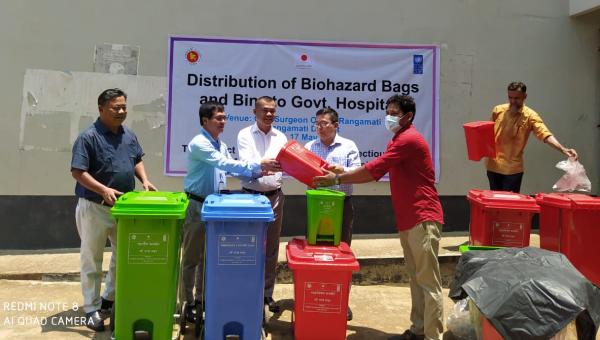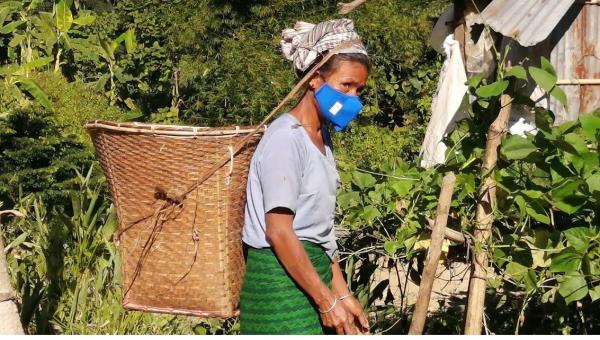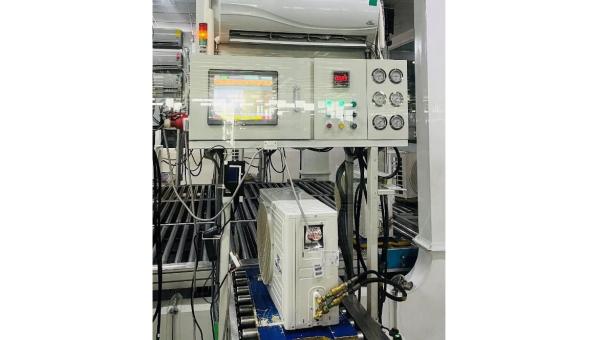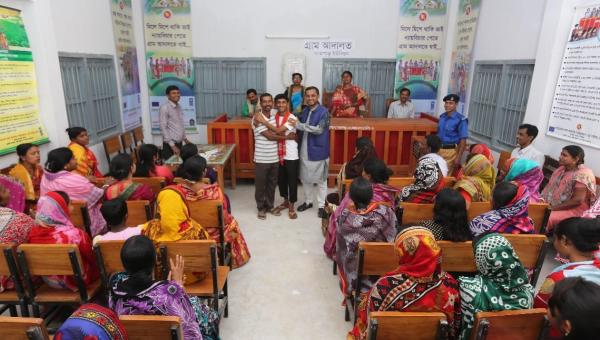At the global level, various studies have found that land use change, including deforestation and forest degradation, accounts for 12-29% of greenhouse gas emissions in the world. According to Second National Communication of Bangladesh, the emission of GHG from LULUCF sector was ranked second highest (26.5% of total emission) in 2005 (MoEF 2012). The deforestation rate in the country has been estimated to be 2600 ha per year (Global Forest Resource Assessment 2015). Therefore, opportunities exist to reduce greenhouse gas (GHG) emission from forestry sector. Accordingly, Bangladesh joined the United Nations Collaborative Programme on Reducing Emissions from Deforestation and Forest Degradation (UN-REDD) program in 2010.
Project objective
The UN-REDD National Programme has the objective to support the Government of Bangladesh in initiating the implementation of its REDD+ Readiness Roadmap (i.e., R-PP) by establishing necessary REDD+ management processes, identifying strategic readiness options for completing its National REDD+ strategy, and developing the capacities required to begin implementation of REDD+.

 Locations
Locations





